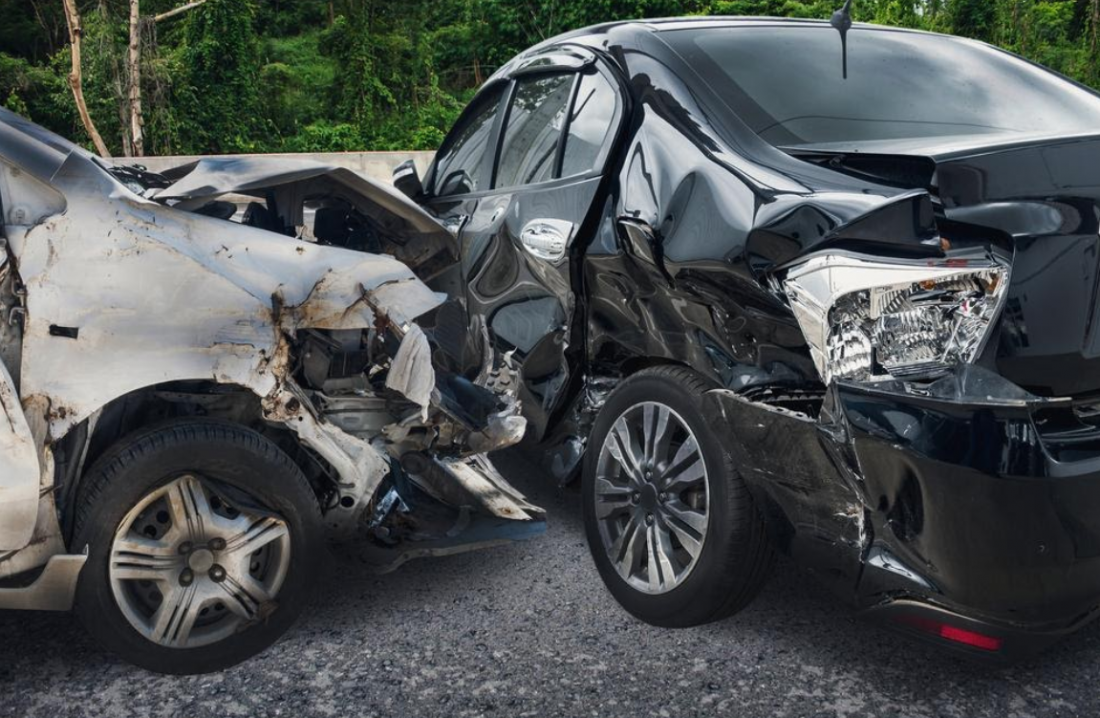According to data compiled by the National Safety Council (NSC), there were 46,027 deaths and 5.2 million medically consulted injuries that resulted from motor vehicle accidents in 2022 alone. Car accidents can have devastating effects on victims and can cause immense physical, psychological, and emotional trauma. The road to recovery typically involves a multifaceted approach combining a few different types of therapy – physical, occupational, and psychological. Each of these therapies plays an important role in the rehabilitation process and in helping victims get back on their feet.

Physical Therapy
The first type of therapy that is probably the most commonly utilized is physical therapy. The goal of physical therapy is to help accident victims gain back their physical functionality and mobility. Injuries that car accident victims commonly sustain include spinal cord injuries, whiplash, breaks, sprains, fractures, and other musculoskeletal issues. Physical therapists will create a personalized exercise program in order to help reduce pain, improve strength and muscle, and enhance flexibility. In addition to tailored exercises, a physical therapist may use electrical stimulation on the accident victim to reduce inflammation and promote healing. Having documentation of any type of therapy or rehabilitation that you have received as a result of your injuries will be vital to your Tacoma car accident lawyer when filing a car accident claim.
Occupational Therapy
The next type of therapy that a car accident victim may pursue is occupational therapy. This type of therapy is generally utilized when the accident victim has suffered more severe injuries. Occupational therapy seeks to help accident victims regain the ability to perform daily activities and return to their normal routines. For example, if an individual has suffered an injury that makes it difficult for them to write or cook, an occupational therapist will create a comprehensive exercise program that equips the accident victims with adaptive techniques and tools to improve their hand functions. Additionally, occupational therapy may include modifying an accident victim’s home or workplace to accommodate their needs. The benefits of both physical therapy and occupational therapy are two-fold in that improving one’s physical health will directly improve accident victims’ mental health as well.
Psychological Therapy
The third type of therapy that may be used by a car accident victim is psychological therapy. This type of therapy, also known as psychotherapy, is essential for addressing the emotional and mental injuries that resulted from the accident. Common psychological conditions that an individual may develop after an accident include post-traumatic stress disorder (PTSD), anxiety, and depression, as well as amaxophobia, which is a fear of driving. These conditions can unfortunately be very debilitating and may worsen without the intervention of a psychologist or psychiatrist. Techniques such as cognitive-behavioral therapy and exposure therapy may be used to change negative thought patterns and desensitize the victim from the traumatic memories of the accident. In some cases, group therapy may be beneficial to accident victims in order to find a sense of community in which they can relate to similar experiences and support one another.




